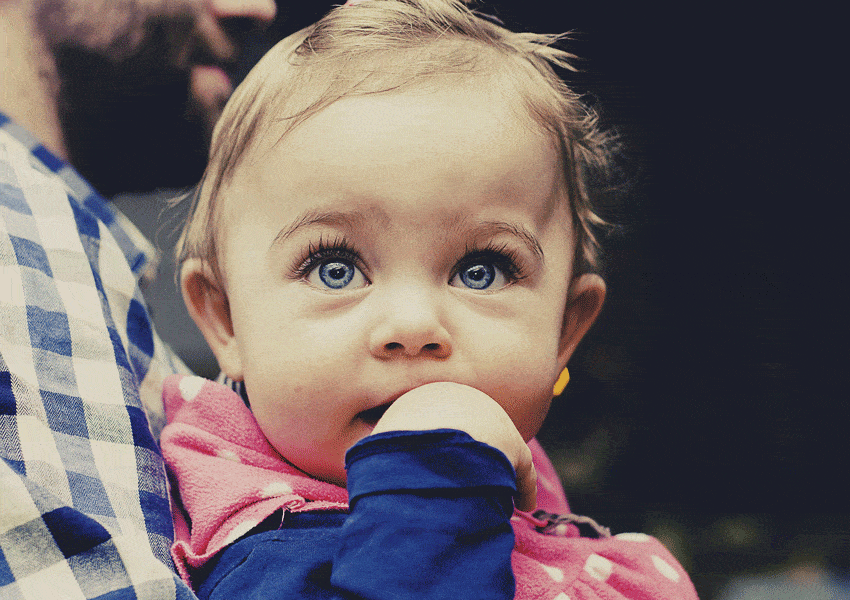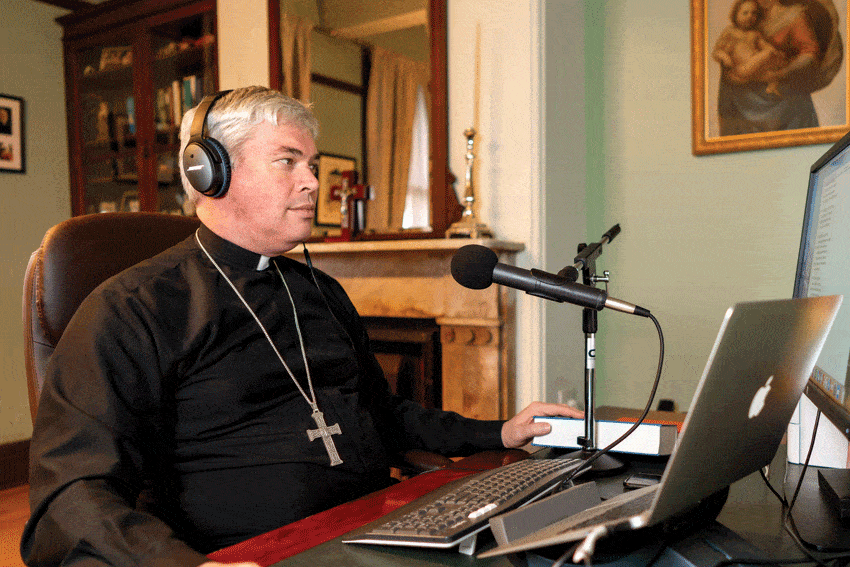
Warning that proposed laws could have adverse effects
Couples who risk passing on a serious genetic disorder to their child understandably would want to avoid that outcome, but legalising human cloning and 3-parent IVF poses more than harm than good, warn researchers, ethicists and faith leaders.
There are treatments but no cure for the range of mitochondrial disorders which are inherited primarily from a person’s mother.
They potentially affect between 90,000-120,000 Australians but it’s been estimated that 90 percent of people with a mitochondrial mutation who develop a disorder are never diagnosed because symptoms are diverse and can range from mild to severe.
Mitochondrial donation, which genetically modifies a human embryo or egg, adds issues of safety and ethics with no benefit to health.” – Bishop Richard Umbers
Mitochondria are tiny DNA-containing structures found in human cells that produce roughly 90 per cent of the energy the body needs to function. Sufferers can experience low energy, muscle weakness, epileptic fits, strokes, diabetes, blindness or migraines, and early death.
IVF-assisted technology exists that would allow a woman with the disorder to have eggs stripped of her mitochondrial DNA and replaced with healthy mitochondrial DNA donated by another woman, in the hope of not passing on the condition to her biological child.
The procedure has been legal in the UK since 2015 and while no child has yet been born as a result, there is a push to overturn the Australian Government’s ban on mitochondrial donation under the Prohibition of Human Cloning for Reproduction Act 2002(Cth) and the Research Involving Human Embryos Act 2002 (Cth).
A Bill introduced in March proposes changes to ensure that it is no longer an offence to create, for the purposes of reproduction, a human embryo that contains the genetic material of more than two people and contains heritable changes to the genome (the complete set of genetic instructions stored in a person’s chromosomes).
The Australian Catholic Bishops Conference is urging that the Bill be scrapped or at least paused, citing safety and ethical concerns and a lack of evidence that the proposed technique is effective.

In a submission to the Senate Community Affairs Committee inquiry into the Bill they argued that currently legal forms of IVF, which the bishops do not support, would at least be a more reliable way of reducing the risk of children being born with faulty mitochondria.
“Mitochondrial donation…adds issues of safety and ethics with no benefit to health,” said Bishop Richard Umbers, the Bishop Delegate for Life. “These techniques increase the risk of the child carrying the disease for the sake of having a genetic relationship with the mother.”
Furthermore, the bishop said that mitochondrial donation will not cure children who are already ill with the disease.
“Our hearts go out to families dealing with these conditions and who have the understandable desire that their children should not also be born with these burdens,” the submission said. “It is a natural human longing to spare children illness and suffering….[but] there are a number of difficulties with mitochondrial donation that mean it may not offer much to families and would pose significant ethical challenges.”
Bishop Umbers said the draft legislation would open the door to three ethically contentious practices. It would allow researchers to change the human genome, meaning any changes are heritable over generations. It would also allow human embryos to be created and destroyed purely for research and training, and to be created from the genetic material of three people.
“What we can foresee…is further experimentation with human embryos and the discarding of nascent human life in the industry of in vitro fertilisation.”
Geneticists are among those raising concerns, such as Fyodor Urnov, who studies genome editing at the University of California, Berkeley. Professor Urnov told media that three large studies into heritable genome editing published last year “are the equivalent of having the rocket explode at the launch pad before take-off”.
Published in June 2020 these involved experiments to modify human embryos and revealed how the process can make large, unwanted changes to the genome.
Last month the World Health Organisation (WHO) released two reports by an 18-member advisory committee which cited “great concerns” raised by gene editing technology and on its governance.
Australian bioethicist Margaret Somerville wrote this month that while some proponents of mitochondrial DNA liken it to organ donation, which is widely accepted as ethical, the two are very different. “One ethical argument against mtDNA donation is that it means creating ‘three-parent human beings’, which [this argument proposes] is inherently unethical,” she wrote.
“Another ethical argument is that it is harmful to the person born with donated mtDNA, including psychologically, because it causes them ‘genetic bewilderment’, especially when they do not know who the anonymous mtDNA donor was.
“It is clear from studies of people born from anonymous sperm or ova donation and of adopted children that most people want to know where they came from biologically and to whom they are biologically related.
Professor Somerville said that organ donation does not go to “the intrinsic essence of the person”, adding that it is “important to recognise that our genetic endowment can play fundamental roles in establishing some of our traits and even our sense of ‘who we are’”.
This is important even though the amount of donated DNA would be small, relative to the DNA of the primary couple, the type of DNA donated affects not only every cell in a person’s body but also the development of the embryo and placenta.
Bishop Umbers told The Catholic Weekly that the diagnosis of a disease in a child is a cause of “real suffering”, “but we need to live according to God’s plan in the passing on of the gift of life,” he said. “Much was promised 20 years ago about the potential of embryonic stem cells that never materialised.
“What we can foresee, however, is further experimentation with human embryos and the discarding of nascent human life in the industry of in vitro fertilisation.”
Related:
